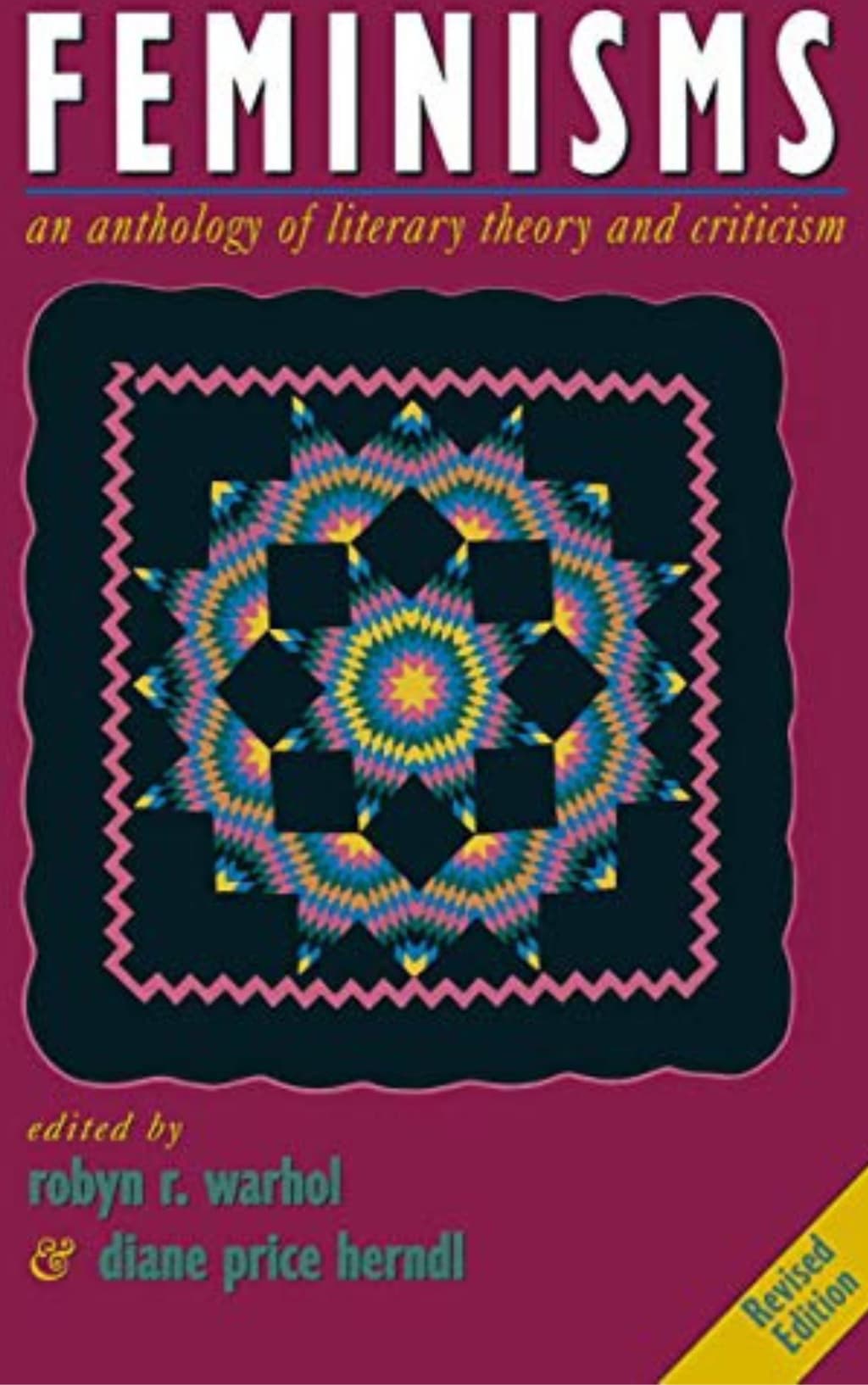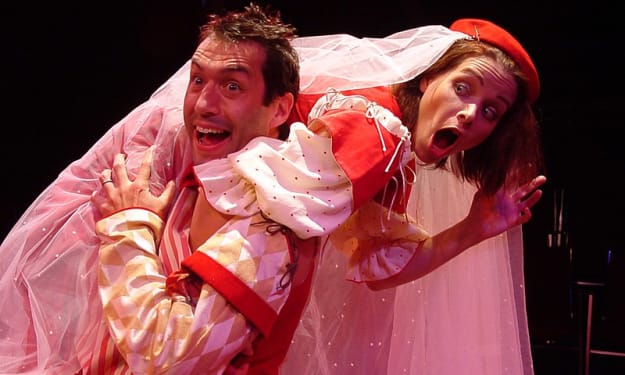
In the 1983 work Treason Our Text Lillian Robinson says: "the elements of the literary canon are simply absorbed by students without any real thought about it." But with every new year, more college students are questioning the canon. Many feel ready to challenge the canon and push for much needed changes.
In the traditional high school English canon I know and grew up with there were very few women taught. It was the same five or six women year after year: Dickenson, Woolf, Austin et al.
In 1994 I took two quarters of the British literature survey courses to find out to my great surprise that the only English woman writer worth learning about in a class lecture is Virginia Woolf.
Change in the canon just isn't happening fast enough. It rarely trickles down to high-school and Jr. High. So what happens if you don’t attend college? Would you even know that many women authors exist and have always existed? Only if you read for yourself, outside of school requirements.
I agree with Robinson that "the male authored canon contributes to the body of information, stereotype, inference, and surmise about the female sex that is generally in the culture" (117). What women are, what they care about, what they need, how they behave--is all determined by male thought. Women may read it and know it's incorrect, but men who read it don't know that. And it just gets perpetuated from generation to generation.
There is also a question here about how we should expand the already established canon. Do we add one woman at a time based on new information that comes to light? Do we ignore general canon and create special classes?
But that begs the question, do the people who need the information choose to take those classes or skip them by active choice or just class overload, time, and money?
When all literary values that have already been established for a particular writer, knowing that the criteria used has been established by males, do we at the same time re-evaluate and change the criteria used to determine entrance into the canon?
Do we establish a separate canon for women of multiple minority groups? Do we need a separate canon, or do we still need to maintain multiple separate canons that more fully represent American and English (British) writers?
If there aren't more women in the canon every young student of literature will continue to get a false sense of their literary history, and when they go on to teach others they will teach what they what they normally see as only part of the real story of literature.
With the slow rate of change in any institution a female canon may be the only link to literary history that might remain if the transitional milieu--the disjuncture between capitalism and patriarchy resolves itself within our time.
If that ever happens, women's material will disappear fast. It still seems a tremendous shame that each minority group in America has had the burden of not only becoming aware of the traditional story, but of keeping their particular story and history alive.
That's an awful lot of lost energy and creativity that could be used to expand the canon and create a revolving door policy on what's important for students to know not only about themselves but about the whole world.
From a feminist perspective one might argue that in the general marketplace of literary ideas, the novels of Henry James ought to give place--a little place even--to the diaries of his sister Alice.
Why should this be impossible to argue? Alice's diaries are much better reading than some of Henry's novels have been. There is nothing wrong with a little less Henry and a little more Alice; and students won’t lose anything from a little less Henry in class.
"It is up to feminist scholars, when we determine that this is indeed the right course to pursue, to demonstrate that such an inclusion would constitute a genuinely affirmative action for all of us" (125).
But why is it always up to women to change things that are based not on anything they do or don't do, but on the actions of males? Shouldn't the burden of balance be on those who've created the imbalance to start with?
Works Cited
Robinson, Lillian S. "Treason Our Text: Feminist Challenges to the Literary Canon."
Feminisms: An Anthology of Literary Theory and Criticism. Ed. Robin R. Warhol and Diane Price Herndi. NJ: Rutgers UP, 1997.115-128.
About the Creator
CL Robinson
I love history and literature. My posts will contain notes on entertainment. Since 2014 I've been writing online content, , and stories about women. I am also a family care-giver.
Enjoyed the story? Support the Creator.
Subscribe for free to receive all their stories in your feed. You could also pledge your support or give them a one-off tip, letting them know you appreciate their work.






Comments
There are no comments for this story
Be the first to respond and start the conversation.